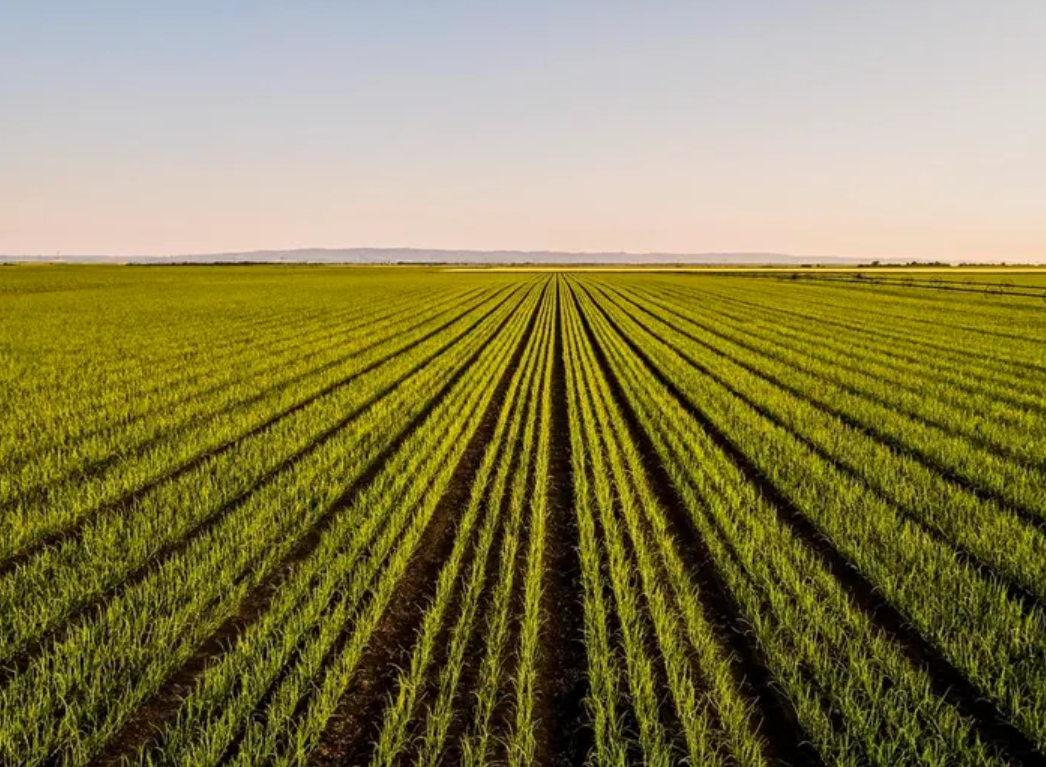Agriculture has been at the heart of the United Kingdom’s economy and culture for centuries, shaping the landscape and sustaining its population. Today, UK agriculture is a dynamic sector, balancing the weight of tradition with the demands of modern sustainability and innovation. From rolling farmlands to cutting-edge agricultural technology, the UK’s farming industry is evolving to meet the challenges of the 21st century.
The Landscape of UK Agriculture
The UK’s agricultural landscape is as diverse as its geography. The country’s fertile soils and temperate climate make it well-suited for a variety of crops and livestock. Different regions specialize in different types of farming, reflecting local conditions and traditions.
- Crop Farming: Arable farming is prominent in the eastern regions of England, particularly in East Anglia, where vast fields of wheat, barley, and rapeseed dominate the landscape. The UK’s arable farmers play a crucial role in producing essential grains, contributing to both domestic consumption and export markets.
- Dairy and Livestock Farming: The west of England, Wales, and Scotland are renowned for their dairy farms, producing high-quality milk, cheese, and other dairy products. Meanwhile, livestock farming, including sheep, cattle, and poultry, is widespread across the UK, with iconic breeds like the Scottish Highland cattle and Welsh sheep adding to the country’s rich agricultural heritage.
- Horticulture: The UK also has a strong horticultural sector, with fruit and vegetable farming thriving in regions like Kent, known as the “Garden of England.” From strawberries and apples to potatoes and tomatoes, UK farmers produce a wide range of fresh produce, contributing to the nation’s food security.
Challenges Facing UK Agriculture
Despite its strengths, UK agriculture faces a number of challenges that require adaptive strategies and forward-thinking policies.
- Climate Change: The impact of climate change on agriculture is increasingly evident, with unpredictable weather patterns, floods, and droughts posing significant risks to crop yields and livestock health. UK farmers are increasingly adopting climate-resilient practices, such as soil conservation, water management, and crop diversification, to mitigate these effects.
- Brexit: The UK’s departure from the European Union has had a profound impact on the agricultural sector. Changes to trade agreements, labor shortages, and the loss of EU subsidies have created uncertainty for farmers. However, Brexit has also presented opportunities for the UK to develop its own agricultural policies, tailored to the specific needs of its farmers and rural communities.
- Sustainability: The push towards more sustainable farming practices is reshaping UK agriculture. There is growing emphasis on reducing greenhouse gas emissions, promoting biodiversity, and improving animal welfare. Organic farming is on the rise, and initiatives like the Environmental Land Management scheme are incentivizing farmers to adopt environmentally friendly practices.
Innovation and Technology in UK Agriculture
Innovation is driving the future of agriculture in the UK. Advances in technology are transforming how farming is done, making it more efficient, sustainable, and resilient.
- Precision Farming: Precision agriculture technologies, such as GPS-guided tractors, drones, and data analytics, are helping farmers optimize crop yields, reduce waste, and use resources more efficiently. These technologies allow for more precise application of fertilizers, pesticides, and water, reducing environmental impact while improving productivity.
- Vertical Farming: Urban areas are seeing a rise in vertical farming, where crops are grown in stacked layers within controlled environments. This method allows for year-round production of fresh produce with minimal land use and water consumption. Vertical farms, often located in or near cities, reduce the need for long-distance transportation and can provide fresh produce to urban populations.
- Genetic Research: Advances in genetic research are leading to the development of crops that are more resistant to pests, diseases, and extreme weather conditions. This research is crucial for ensuring food security in the face of climate change and a growing global population.
The Role of Policy and Community
Government policy plays a crucial role in shaping the future of UK agriculture. Post-Brexit agricultural policy focuses on rewarding farmers for sustainable practices, enhancing food security, and supporting rural economies. The UK government’s commitment to achieving net-zero carbon emissions by 2050 also influences agricultural practices, pushing the sector towards greener and more sustainable operations.
Community initiatives and local food movements are also gaining traction, with consumers increasingly interested in knowing where their food comes from and supporting local farmers. Farmers’ markets, farm-to-table restaurants, and community-supported agriculture (CSA) schemes are flourishing, strengthening the connection between consumers and producers.
The Future of UK Agriculture
As the UK navigates the challenges and opportunities of the future, its agricultural sector remains a vital part of the nation’s economy, culture, and environment. The blend of tradition and innovation in UK farming will continue to shape the countryside, feed the population, and contribute to global food systems.
The road ahead for UK agriculture involves embracing technological advancements, adapting to environmental changes, and fostering sustainable practices. With the right support and vision, UK farmers are well-positioned to thrive in the decades to come, ensuring that agriculture remains a cornerstone of British life.

Leave a Reply Cancel reply